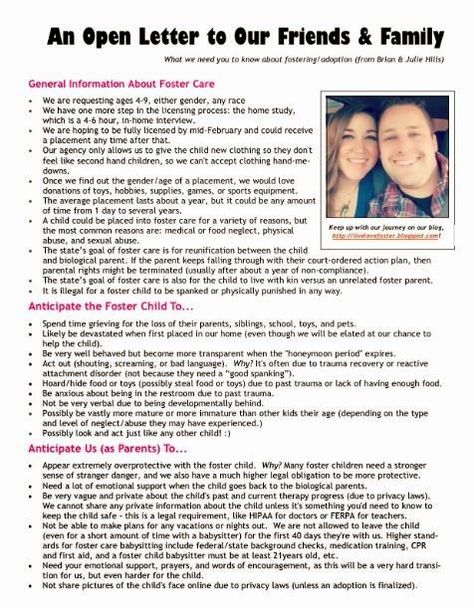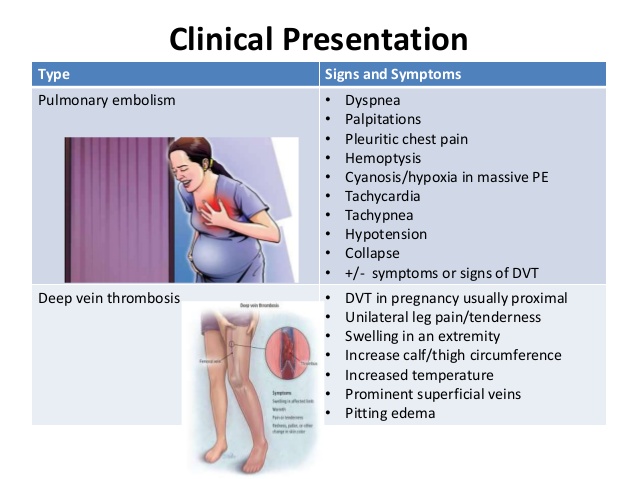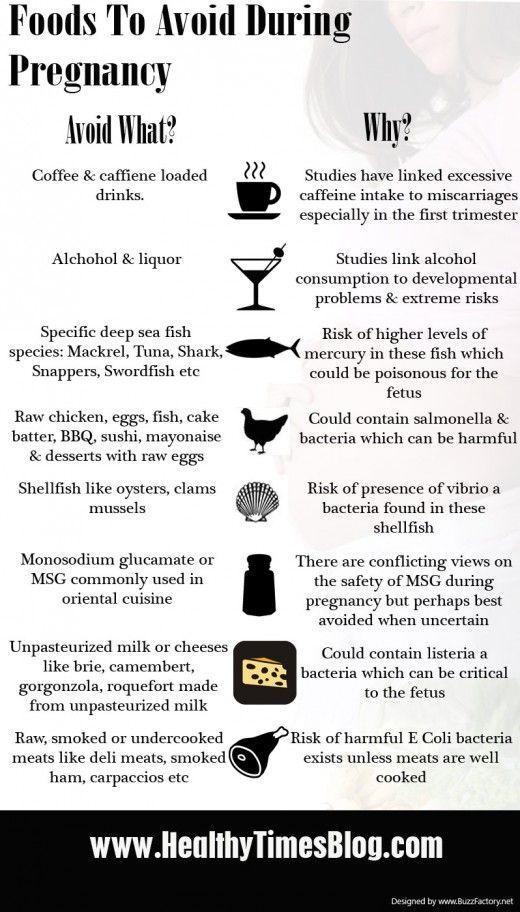When should my baby be talking
When Do Babies Start Talking? – Children's Health
Share:
It's such a joyful moment when your baby speaks that first precious word.
But when should that happen? And should you worry if your baby doesn't speak as early as other children?
Kaleigh Loeffler, a speech-language pathologist with Children's Health℠, explains speech milestones to watch for in babies and toddlers and ways you can encourage your child to talk.
At what age do babies start talking?
Most babies say their first word sometime between 12 and 18 months of age. However, you'll start to hear the early stages of verbal communication shortly after birth.
"From birth to 3 months, babies make sounds. There's smiling and cooing," explains Loeffler. "Once your baby hits 6 months, you may hear more speech-like babbling. Your baby might make the 'puh' sound, the 'buh' sound and something that sounds like 'mi. '"
As your baby grows, you can expect these early speech milestones:
- Between birth and 3 months: Babies make cooing noises.
- Between 4 and 6 months: Babies laugh, giggle and make playful sounds.
- By 12 months old: Babies make longer strings of sounds like ba-ba-ba-ba-ba or da-da-da-da-da or mi-mi-mi.
- At 12 to 18 months old: Many babies start using single words. They name familiar people and objects – such as ma-ma, da-da, ball and cat.
"Typically, right before that 1-year mark, babies experiment with different sounds, and then you might hear a few words," says Loeffler. "But don't worry if your baby is not forming complete words by age 1. Sometimes the babbling continues well into the next year of life, with pointing and gesturing. That's OK. Your baby is still communicating."
Speech development chart
After age 1, Loeffler advises parents to watch for yearly speech milestones.
- By 12 to 18 months: Baby says single words.
- By age 2: Child says two-word phrases, such as "Dog sit." "Mommy go."
- By age 3: Child has words for almost everything and speaks three-word phrases.
Each year after that, children should form longer and longer sentences.
How many words should an 18-month-old and 2-year-old say?
At 18 months old, babies may say anywhere between 10-50 words. If your child has not hit that mark, you don't necessarily need to worry. Children develop at different rates.
"Instead of focusing on a specific word count for each age, consider: Is your child's vocabulary growing? Are they learning more words each week?" advises Loeffler. "If you're seeing continuous growth, that's an indicator that speech is going well."
Talk with your pediatrician if your child does not speak about 50 words by age 2.
What factors affect your baby's ability to talk?
Sometimes language development is delayed if your baby has certain medical issues or diagnoses, such as:
- Autism Spectrum Disorder
- Cerebral palsy
- Down syndrome
- Hearing impairment
Environment also plays a factor in speech development.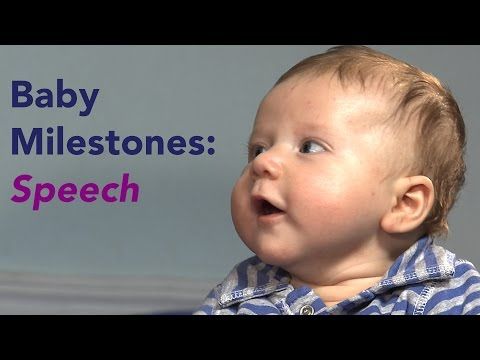 If children are not brought up with a rich exposure to language – where people interact with them often – they may be late talkers.
If children are not brought up with a rich exposure to language – where people interact with them often – they may be late talkers.
Has the COVID‑19 pandemic or masks affected babies' speech and language development?
At this point, there's not much research on how masks affect speech development. However, we know that a baby's face time with parents, caregivers and siblings is extremely valuable.
"In the first months of life, it's important for babies to see your face and mouth and learn to imitate your facial expressions," explains Loeffler. "Babies and toddlers with diagnosed speech problems need those visual cues. So, for them, masks could be especially challenging."
Long quarantines or isolation may also slow speech development in certain children if they don't get enough social interaction with others at home, preschool, daycare or playdates.
It's important to remember that masks and social distancing have played a critical role in keeping your child and family healthy. Loeffler recommends that parents raising babies and toddlers during the pandemic take steps to encourage speech development, such as:
Loeffler recommends that parents raising babies and toddlers during the pandemic take steps to encourage speech development, such as:
- Spending lots of time interacting with your little ones at home without masks. Let them see your face so they can imitate your speech and facial expressions.
- Making plans for your children to play safely around other children – possibly outdoors in your yard, at a park or on a play date.
Are bilingual children delayed talkers?
There's a common misconception that children who grow up in bilingual homes and learn two languages will have speech delays. However, Loeffler says there is no evidence to support this. "If a child knows 10 words in both English and Spanish – water and agua, for example – we would count that as a 20-word vocabulary," she says. "Developmentally, they're on track."
How to teach your baby to talk
The best way to encourage your child to talk is to spend time talking and interacting with them.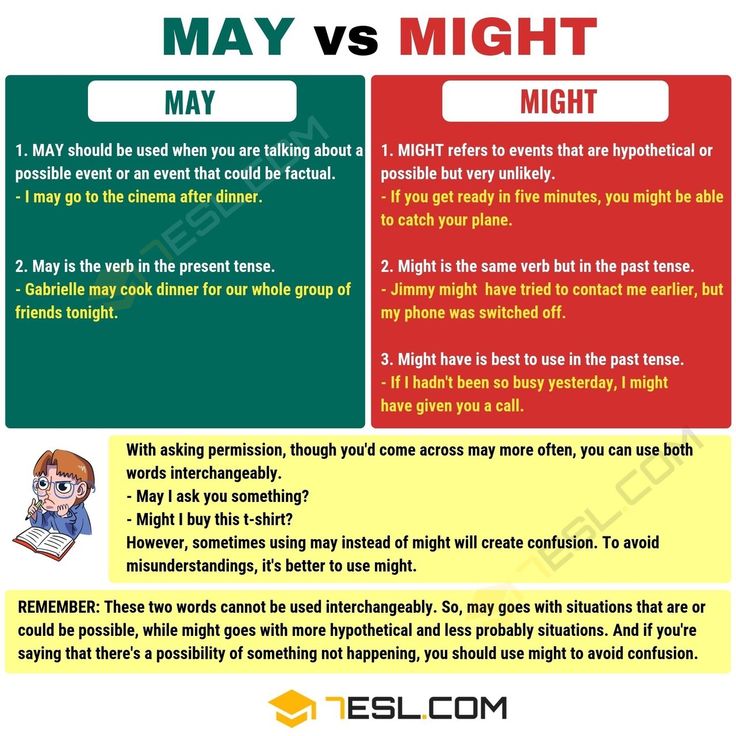 "Give your baby lots of face time and one-on-one interaction. Children learn language by watching and imitating your facial expressions. They're like sponges, absorbing everything around them," says Loeffler.
"Give your baby lots of face time and one-on-one interaction. Children learn language by watching and imitating your facial expressions. They're like sponges, absorbing everything around them," says Loeffler.
To help your baby talk, try these tips:
- When your baby coos, respond. Say: "Oh, are you happy? Are you sleepy?"
- When baby smiles, smile back. This back-and-forth interaction is communication. Your baby learns to pick up cues and respond.
- Narrate what you and baby do – as you do it. For example, say: "Daddy's changing baby's diaper." "Baby is holding a spoon." "Baby's kicking the ball." This parallel talk helps babies learn vocabulary.
- Read a book. Point to the pictures on each page. Talk about the colors and objects.
- Sing songs and nursery rhymes. To capture your baby's attention, dance or gently rock your baby as you sing.
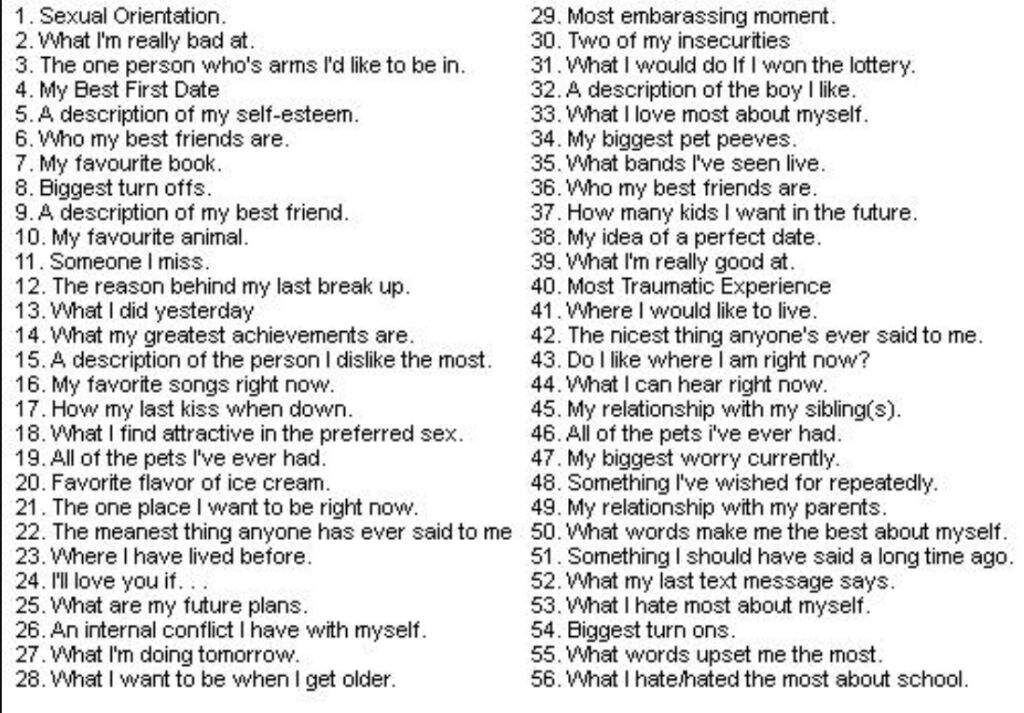 Act out "Itsy Bitsy Spider" and "Jack and Jill." Your baby will associate movement with words.
Act out "Itsy Bitsy Spider" and "Jack and Jill." Your baby will associate movement with words. - Play. Any type of play – with balls, toys or pots and pans – contributes to babies' language development. They imitate what you do and say.
- Continue the conversation: As your baby becomes a toddler, teach them to put together new words by expanding on what they say. For example:
- When your child points to a dog and says the word "dog," you can say: "Yes, that's a big dog. That dog is running outside. Hear the dog bark."
- If the child says "airplane," say: "That's a big airplane. That plane is flying high in the sky."
Using toys and apps to promote speech development
Many parents are curious if certain toys or apps can help their baby learn to talk. Loeffler recommends choosing toys that display cause and effect. This can help children develop their thinking skills, which is necessary for language growth.
Some examples of cause-and-effect toys include:
- You put a ball in a hole, and it goes down a slide.
- You put a coin in a piggy bank, and it sings a song.
- You wind up a box, and a stuffed animal pops out.
If you use an app, be sure to engage with your child and carry that activity over into the child's real world. Face-to-face interaction is best for speech and language development.
What are signs that your child may need help with speech and language development?
Consult your pediatrician if your baby does NOT:
- Show interest or attempt to communicate (such as pointing or gesturing) by 15 months
- Imitate a variety of sounds and words by 18 months
- Follow simple directions by 18 months ("Get the ball.")
- Use word combinations by age 2 ("Mamma go." "Baby drink.")
- Identify people and objects in their environment
Other signs of potential speech issues in children include:
- Your child seems to have a good vocabulary, but you cannot understand the words by age 2.
 5 or 3.
5 or 3. - Your child has a sudden loss of speech and language skills.
If you're concerned about your child's speech development, talk to your primary care doctor or pediatrician. If needed, you'll get a referral to a speech-language therapist for an evaluation. Sometimes, your child just needs a little extra help. Early intervention can ensure your child thrives.
Learn more.
At Children's Health, the Speech Therapy program is home to experts who specialize in helping children overcome speech and language impairments. Our multidisciplinary works with patient families and providers to help children develop the skills to successfully communicate, socialize and learn. Learn more about speech language pathology or see more information about developmental milestones in babies.
Children’s Health Family Newsletter
Get health tips and parenting advice from Children’s Health experts sent straight to your inbox twice a month. Sign up now.
Sign up now.
cognitive, coronavirus, development, developmental delay, infant, newborn, therapy
When Do Babies Start Talking: Timeline and Tips
A common question among first time parents: When do babies start talking? Believe it or not, baby’s journey to two-way communication begins earlier than you might think. Here’s further proof that babies are pretty incredible: They start learning language even before birth! That’s because baby could hear you speaking while in the womb and got familiar with the rhythm and sounds of the language you spoke. In fact, studies show that babies whose moms read specific books to them while pregnant go on to prefer hearing those books once they’re born, as measured by an increase in their sucking motion.
But exactly when do babies start talking—or saying actual words? The baby-talking milestone is a particularly exciting one. Few things are as special as watching baby start to babble, form words and eventually string those words together into sentences. Of course, every baby’s speech path is different, but there are some common signals and stages to look for during their language development. What’s more, there are ways to encourage baby to start creating associations and forming words.
Of course, every baby’s speech path is different, but there are some common signals and stages to look for during their language development. What’s more, there are ways to encourage baby to start creating associations and forming words.
Ready to get the language low-down? When do babies start babbling? At what age do babies start talking? And what words might you hear first? Follow along to find out what you can expect and what to do if baby isn’t hitting certain milestones.
In this article:
When do babies start babbling?
When do babies start talking?
How to teach baby to talk
What to do if baby isn’t talking
When Do Babies Start Babbling?
Before learning to talk, babies begin babbling. It might sound like gibberish, but this is the foundation of verbal communication. Yes, it’s baby’s first attempt at speaking a language. Babbling is like baby’s training wheels, as it gets them ready for the real deal. “It’s all practice, because those babbles form the basis of their first words,” according to Marianella Casasola, PhD, who researches babies in her Infant Studies Laboratory at Cornell University. Babbling often includes sighing and cooing sounds, which eventually develop into consonant sounds.
Babbling often includes sighing and cooing sounds, which eventually develop into consonant sounds.
For example, baby might start making the “m” sound. With plenty of practice, that sound may turn into “ma,” and before you know it: “ma-ma.” So when do babies start babbling? Many babies will be babbling by the six-month mark, and begin using multiple syllables around 9 months old. Here’s a closer look:
By 6 months
As mentioned above, most babies are babbling regularly by 6 months, making short strings of consonant-vowel sounds such as ba-ba, ma-ma and da-da. “Babies exposed to two languages will even babble in ways that are consistent with both languages,” says Casasola.
At this stage, baby is rapidly acquiring receptive language, meaning language that they can understand, even though they can’t yet speak it. Experimental studies show that babies can associate “mama” with their caregiver, as early as 6 months.
By 9 months
By about this age, babies can begin to string sounds together to form multiple syllables, such as “ba-da-ma. ” Babies can understand a lot more language than they can produce at this stage—largely because infants don’t have the motor skills to form words with their mouths yet, Casasola explains, and because it takes more cognitive skill to be able to pull a specific word from their memory than it does to just understand it.
” Babies can understand a lot more language than they can produce at this stage—largely because infants don’t have the motor skills to form words with their mouths yet, Casasola explains, and because it takes more cognitive skill to be able to pull a specific word from their memory than it does to just understand it.
When Do Babies Start Talking?
Apart from babbling around 6 months of age, when babies start to play with language sounds, babies won’t say their official first words for a year or so. (Of course, they have their own ways of communicating with you from birth—by crying, gurgling, sighing, cooing and, starting around 2 months, smiling.)
So when do babies say their first word? Well, there isn’t an exact answer. “There is a range when babies say their first words,” says Jocelyn Wood, CCC-SLP, a speech language pathologist. “In general, babies will say their first words between 9 and 12 months of age.” And when should a baby start talking more regularly? While that can also vary from baby to baby, it’s helpful to have an idea of what to expect. Below, you’ll find a general timeline for when babies say their first word, when babies start talking in full sentences and when babies talk clearly.
Below, you’ll find a general timeline for when babies say their first word, when babies start talking in full sentences and when babies talk clearly.
By 12 months
Get ready for your heart to melt to the sounds of “mama” and “dada.” Babies say their first word around 12 months and will talk more clearly at about 18 months. “First words are going to be the things that are most common in your child’s world,” Wood says, “such as food items (banana, apple, milk), toys (ball, baby, car), important people (Mama, Dada, a pet or sibling name) or words from familiar routines (more, mine or all done).”
By 24 months
“Eighteen- to 24-month-old toddlers go through a period of rapid growth, when they are learning new word(s) every day,” Wood says. At this point your budding linguist may have a vocabulary of 50 to 100 words. “The 100 word milestone is important because this is when toddlers really start combining words to make simple phrases,” she explains. These sentences start as two- or three-word sentences (e.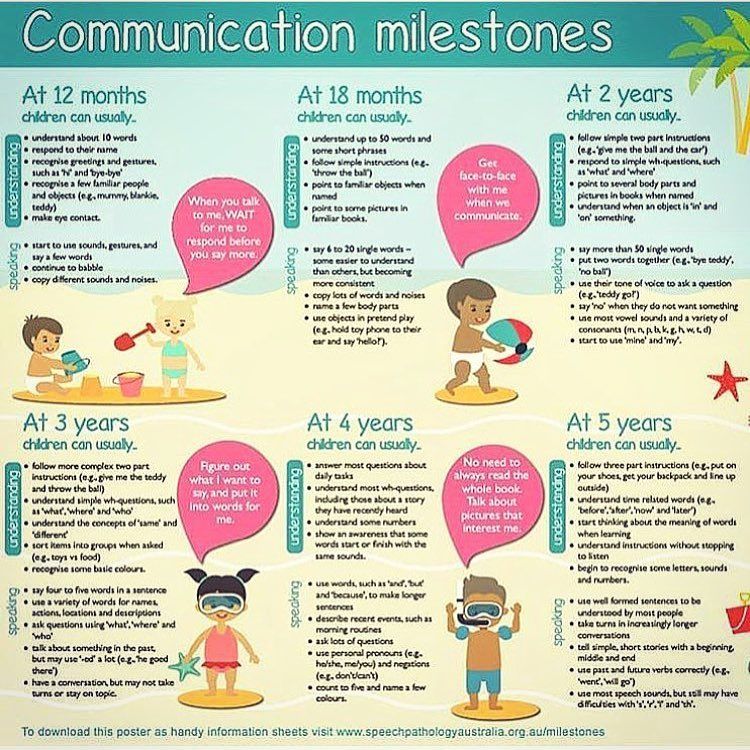 g., “my toy!”) and slowly but surely become more complex.“ Although there may be some slight variability, by 24 months you should be starting to lose track of the number of words they have and be focusing more on different combinations of words,” Wood says.
g., “my toy!”) and slowly but surely become more complex.“ Although there may be some slight variability, by 24 months you should be starting to lose track of the number of words they have and be focusing more on different combinations of words,” Wood says.
By 36 months
By 36 months, your toddler is likely to have a vocabulary of 200 words or more, though you probably won’t be counting anymore. Many kids this age can string together sentences of three or four words. You’ll also notice that your toddler speaks more clearly now; you should be able to understand at least 75 percent of what your little one says, which can also help reduce the number of tantrums (hurray!).
They’ll also be able to understand a lot of what you’re saying, so expect to get reactions from your little listener. You’ll notice your child may start to use language to solve problems and explain concepts around this age. Last but not least, get ready for storytime—your toddler will likely be telling you a few good tales pretty soon.
How to Teach Baby to Talk
“Babies are hardwired to learn language” in order to get what they need and connect with you, Casasola says. “The key is to interact and have fun, because every interaction is an opportunity to teach them language.” The more baby gets familiar with the sounds and words in the language, the more inclined they’ll be to start trying them out for themselves. Try these tips to get the conversation started and help teach baby to talk.
Tip #1: Talk, talk and talk some more
“Studies show that how much you talk to your child is directly related to the number of words they learn, so simply chatting with them does wonders,” Casasola says. Naming things helps baby connect a word to an object, especially if they’re the one to show interest in it. So if baby points to a ball, for example, say its name out loud.
Visual cues help too, so point to the ball or hold it up for baby to see as you say its name. “Babies learn in realistic environments, so it will mean much more for a child to learn ‘more milk’ when they are sitting in their chair reaching for milk, rather than having a parent say they are pouring milk when the milk is out of sight,” Wood adds.
Tip #2: Use names instead of pronouns
To help baby start talking, use a specific name when referring to a person, such as “Daddy,” instead of saying “he.” The more a baby hears a concrete name, the easier it’ll be for them to associate that name with a face.
Tip #3: Enunciate your words
Baby doesn’t automatically know how to make a “gra” sound using the back of their mouth and tongue. These speech skills must be learned. You can teach baby to talk by speaking slowly and articulating the various sounds that make up specific words, such as “Ggrraanndd-mmaaa” for “Grandma.”
Tip #4: Sing songs and read rhymes
There’s a reason that reading books and singing songs to babies is an age-old practice. “Music and language have always been very interconnected,” says Susan Darrow, a child development expert and CEO of Music Together. “Mothers instinctively know to speak to babies in higher, sing-songy voices, and research confirms that this higher-pitched, rhythmic, slower speech facilitates language comprehension in infants.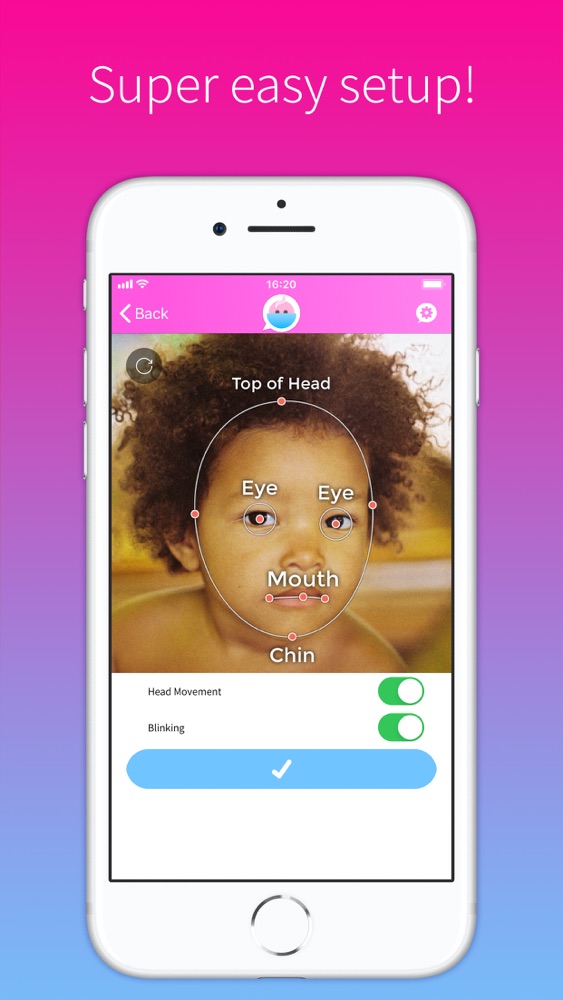 ” Just listening to music isn’t as effective as making your own though, so go ahead and sing your heart out. And no worries if you don’t have a voice like Adele—baby will be happy to hear you sing no matter how it sounds because it’s coming from you.
” Just listening to music isn’t as effective as making your own though, so go ahead and sing your heart out. And no worries if you don’t have a voice like Adele—baby will be happy to hear you sing no matter how it sounds because it’s coming from you.
Tip #5: Repeat words
Baby’s babbling may signal that they’re focused and ready to learn, so offer specific words in response to their babbles and repeat them a few times. For example, if baby says “baba” while pointing to a banana, touch the banana and say the word a few times to help it start to stick. “It has to do with what child development experts call ‘serve and return,’” Darrow says. “A baby ‘serves’ a sound by making it, and you ‘return’ it by making the sound back to enable them to learn. It’s also a nice bonding experience.”
Tip #6: Give baby time to respond
“Talking is so new to babies, and they need time to process what you are saying and think about how they should move their mouth to get the right response,” Wood explains. When you talk to baby, she recommends building in pauses to see if your little one has a verbal (sounds or words) or non-verbal response (eye movement or gesture) to offer up.
When you talk to baby, she recommends building in pauses to see if your little one has a verbal (sounds or words) or non-verbal response (eye movement or gesture) to offer up.
Tip #7: Turn off the TV
Even educational programs can’t replace simply talking to baby when it comes to learning language. One study shows that 10-month-olds were able to understand some sounds of Mandarin Chinese when exposed to live speakers, but not when watching videos. “It makes sense that kids don’t learn from TV,” Casasola says. “Communicating is rewarding for kids because they’re connecting with you, and they can’t get that from screen time.”
Tip 8: Encourage imitation
Narrate what you’re doing—and be sure to use specific words—when you’re with baby to help them learn to label their world. You might say, “Mommy is scrambling eggs with a spoon for Brianna’s breakfast. Can you say ‘egg?’” Look her in the eye and say “egg” a few times to see if she tries to mimic you.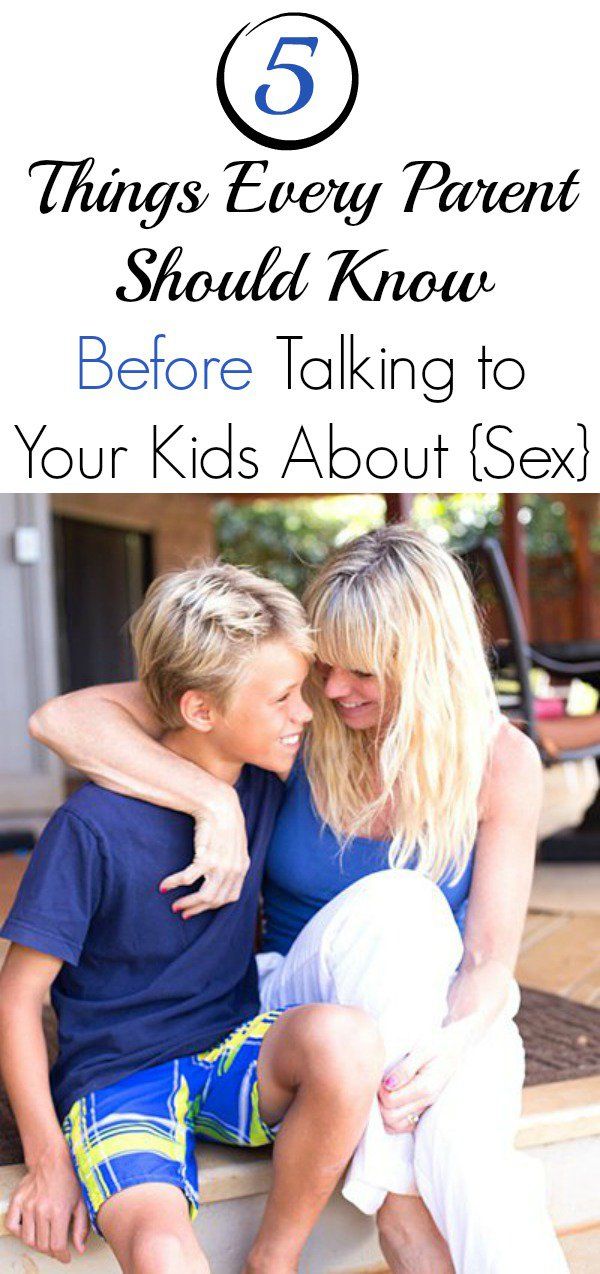 You can also use words to describe baby’s actions as well. (Think: “Brianna is putting the bottle in her mouth.”)
You can also use words to describe baby’s actions as well. (Think: “Brianna is putting the bottle in her mouth.”)
What to Do If Baby Isn’t Talking
Keep in mind that there’s a wide range of normal when it comes to babies developing language skills. Sometimes, although you may be concerned that baby isn’t yet talking, all the language-learning they’ve been doing suddenly clicks, and they’ll start talking nonstop, seemingly out of nowhere. Be patient, as babies learn to speak at their own pace.
In fact, baby boys tend to develop language skills slower than girls. According to Wood, male brains function more unilaterally, with each side of the brain working separately, while female brains are more bilateral, with both sides of the brain working together. “Because of these differences, girls are usually more attuned to caregivers and can pick up on various tones and social cues, while boys may be a little slower,” she says. “These are the differences that cause parents to use different conversational styles with boys and girls, which may account for the differences in development. ” In terms of language skills, boys may be three to four months behind their female peers, but they catch up completely by age 3.
” In terms of language skills, boys may be three to four months behind their female peers, but they catch up completely by age 3.
When to seek help
What defines a “late talker?” It’s important to know that every baby is on their own unique timeline. The truth is that the questions, “when do babies say their first word?” and “when do babies start talking?” don’t have concrete answers. Try not to worry if your little one isn’t chatting away just yet—some babies are simply late talkers. However, if baby’s first word hasn’t been said by 15 months, or if by age 2, baby has less than 25 words, speak to your doctor. “It’s important that parents be aware of the signs of a speech delay so that they can receive support as early as possible,” Wood says. “Early intervention is crucial in helping children catch up to their peers.” She emphasizes that 8 percent of children in the US have communication disorders.
According to Wood, it may be time to turn to a professional if your child:
- Hasn’t started babbling or making sounds by 7 months
- Doesn’t respond to their name by 9 months
- Hasn’t said their first words by 15 months or has a sudden loss of language skills
- Has less than 25 words by 24 months
- Isn’t making two-word sentences by 24 months
- Has trouble producing a variety of speech sounds by 36 months
“The sooner you recognize any potential problems, the sooner you can get help that could enable your child to catch up developmentally,” Casasola says.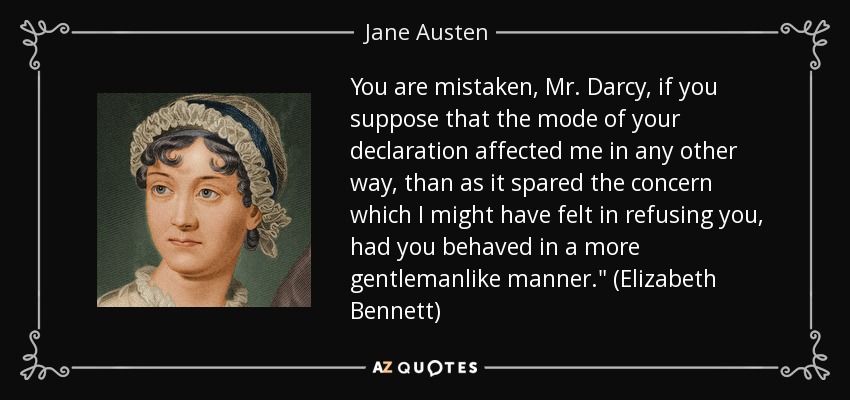 “Trust your gut as a parent if you think something might be abnormal. It’s okay to be assertive or ask for a second opinion.”
“Trust your gut as a parent if you think something might be abnormal. It’s okay to be assertive or ask for a second opinion.”
If baby isn’t reaching their speech milestones, here are some other tests you might want to ask about:
• Hearing tests. If your child has trouble hearing, there’s a good chance they’ll also have speech delays. Babies are screened for hearing impairment soon after birth but some things, such as recurring ear infections, can affect hearing and lead to language delays.
• Speech evaluation. Speech-language pathologists are specialists who help with communication issues of all kinds, from stuttering and lisps to language comprehension. The type of testing and therapy baby may need will depend on their particular challenges. For example, sometimes children can hear and understand speech but they’re just not able to articulate the sounds themselves and need some help learning how.
• Developmental screenings.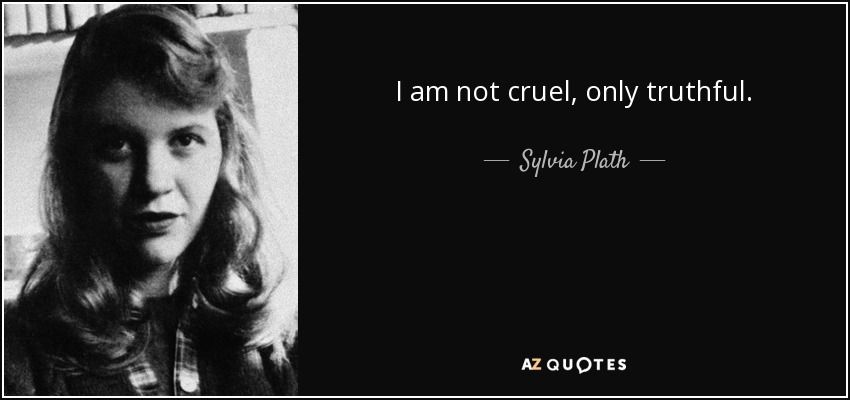 These screenings are typically done at well-child visits and are a way for your doctor to tell if baby is hitting typical milestones for their age or if they might be delayed. For example, if your one-year-old isn’t making eye contact or doesn’t seem motivated to communicate, it could be a sign of a delay.
These screenings are typically done at well-child visits and are a way for your doctor to tell if baby is hitting typical milestones for their age or if they might be delayed. For example, if your one-year-old isn’t making eye contact or doesn’t seem motivated to communicate, it could be a sign of a delay.
“Don’t worry about stigmatization,” Casasola says. “Testing can help give kids the skills they need to overcome their challenges and adapt their learning and environment in a way that’s best suited for them.”
Remember that every child is unique and develops on their own timeline. “There can be huge differences in how language progresses from one child to another,” Casasola says. But if you’re ever concerned about baby’s progress, don’t hesitate to contact your pediatrician.
You’re eager to chit-chat with your child. And they’re excited by their budding vocabulary. When baby does start talking, it’ll be a whole new world. In the meantime, enjoy the early babbling and curious coos. And if you’re still wondering when you’ll hear that awesome first word come out of baby’s mouth, remember that there are simple ways to foster language development: Read to baby, sing to baby and keep on talking. And if your little one isn’t hitting the expected milestones, reach out to your pediatrician—early intervention can help.
And if you’re still wondering when you’ll hear that awesome first word come out of baby’s mouth, remember that there are simple ways to foster language development: Read to baby, sing to baby and keep on talking. And if your little one isn’t hitting the expected milestones, reach out to your pediatrician—early intervention can help.
About the experts:
Marianella Casasola, PhD, is an associate professor in the department of human development at Cornell University. She earned her PhD in psychology from the University of Texas at Austin. Her expertise is in infant cognitive development and early word learning with a particular interest in the interaction between thought and language during the first years of development.
Jocelyn M. Wood, MA, CCC-SLP, is a bilingual speech language pathologist with over a decade of experience. She specializes in working with parents who are seeking advice on how to introduce speech and language activities into everyday routines.
Susan Darrow is a child development expert and CEO of Music Together, a music program for babies and parents that has classes in more than 40 countries.
Please note: The Bump and the materials and information it contains are not intended to, and do not constitute, medical or other health advice or diagnosis and should not be used as such. You should always consult with a qualified physician or health professional about your specific circumstances.
Plus, more from The Bump:
How to Teach Baby 25 Key Words in Baby Sign Language
How to Perfect Your ‘Baby Talk’ to Boost Baby’s Speech Development
How to Boost Baby’s Speech Sound Development in Their First Year
Speech development delay: how to help a child speak
Speech development delay is one of the most pressing problems in child neurology today, which, unfortunately, also affects absolutely healthy children. Often the parents themselves are the cause of the child's speech difficulties. The chief pediatric neurologist of the Ministry of Health of the Tver Region, Galina Anatolyevna Zueva, tells what to do and what should not be done in any case so that the child speaks correctly and on time.
The chief pediatric neurologist of the Ministry of Health of the Tver Region, Galina Anatolyevna Zueva, tells what to do and what should not be done in any case so that the child speaks correctly and on time.
Hello dear parents!
Today our conversation is devoted to a very important and urgent problem - the speech development of children. In the last few years, we have increasingly heard that a child who does not speak at 2.5-3 years old is a variant of the norm, that there is nothing wrong with that, you need to wait a bit, and speech will appear. In fact, this approach is fundamentally wrong. There are physiological norms for proper speech and mental development, and it is very important to monitor their observance from the very birth of a child. Only in this case, he will be able to develop harmoniously and fully.
The main stages in the development of a child's speech
You can start developing your baby's speech from the first day of his birth.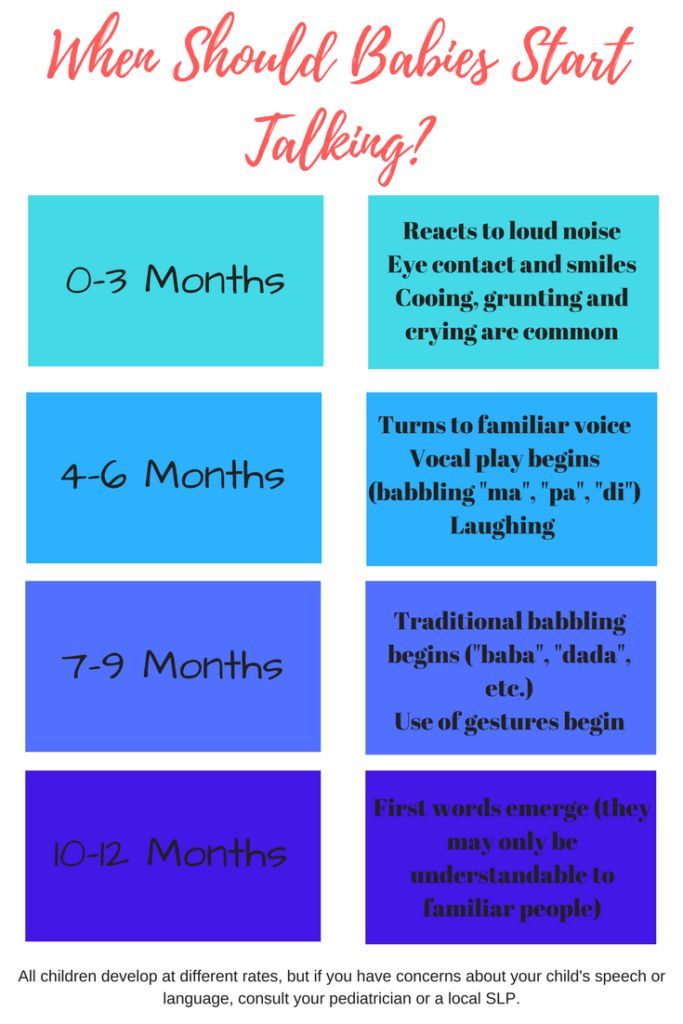
The first thing to notice is how the baby cries. The crying of a child from birth is very different, it becomes especially expressive by the first month of life, from it you can understand what the baby needs: it is cold, it hurts, he wants to eat or go to the toilet, or maybe he just wants his mother to take it in her arms . If the child does everything right intonation, then the attentive mother quickly learns to understand the difference and respond to these “requests”. In this case, mental, and then speech development occurs harmoniously. If the baby cries monotonously, at the same level, and does not respond well to the voice, consult a doctor.
If the child is healthy and does not have hearing problems, then in response to positive emotions in the second month of life, he begins to “walk”. Together with the "cooing" the first laugh appears - squealing in response to emotional communication with an adult. The sounds of “humming” are already distinguished by a certain variety with a predominance of combinations of guttural and vowel sounds (“gu”, “ge”, “ha”, etc. ) With these sounds, he tries to communicate, reacts to what is happening around him. If the baby does not start to “walk”, consult a doctor, he may have a problem with his ears.
) With these sounds, he tries to communicate, reacts to what is happening around him. If the baby does not start to “walk”, consult a doctor, he may have a problem with his ears.
The period of onomatopoeia begins from two months: the baby carefully follows mother's lips when she talks to him, and as if tries to repeat these movements, but so far silently. So, by 3.5-4 months, a true “coo” is formed, where the child focuses on the sound being pronounced, the syllable, as if listening to himself. During the period of true "humming" sounds become long, melodious and more diverse. Along with guttural and vowels, labial sounds and combinations of vowels with labials are increasingly appearing.
By the age of six months, the child begins to babble - he begins to pronounce some individual letters, syllables. During this period, it is important to track intonations - how he speaks, how he cries. At six months, a healthy child should already be chatting, pronouncing certain syllables, repeating specific sounds after his mother. During the period of babbling, imitation of the sounds of an adult becomes more distinct.
During the period of babbling, imitation of the sounds of an adult becomes more distinct.
By the end of the pre-verbal period, the child's non-verbal forms of communication with others become more complicated. Communication is carried out with the help of both hands, more differentiated facial expressions and sounds. The child stretches his hands to his mother, utters separate sounds, as if asking "take me." Then the facial expressions become more complicated. It becomes more expressive, symbolic gestures appear. The child can communicate with one hand. Babble words of various intonations appear.
By the age of one, a child should speak 8 to 10 simple words: “mom”, “dad”, “baba”, “give”, “on”, that is, short simple words of several syllables. It is during this period that early speech development ends and motor speech begins to form as a way of communication between people.
After a year and a half, the child easily pronounces familiar and unfamiliar words by imitation, both addressed to him and accidentally heard from others.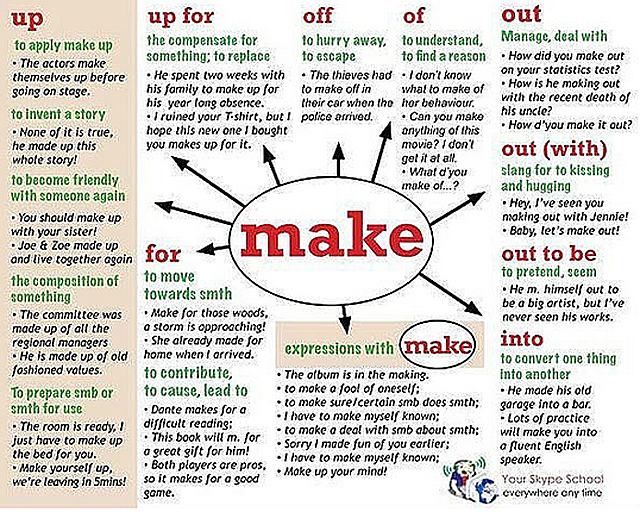 Intensive development of motor speech usually begins in the second half of the 2nd year of life. Up to one year and six months, a child pronounces about 30 words that are simple in sound composition. At two years old, the child already speaks more than 200 words, he has almost phrasal speech, he should already be able to formulate a simple thought or request: “Mom, let's go to the store, you promised to buy me a toy.” At the same time, he can still pronounce some sounds indistinctly. By the age of three, a child's speech has up to 1200-1500 words, including almost all parts of speech.
Intensive development of motor speech usually begins in the second half of the 2nd year of life. Up to one year and six months, a child pronounces about 30 words that are simple in sound composition. At two years old, the child already speaks more than 200 words, he has almost phrasal speech, he should already be able to formulate a simple thought or request: “Mom, let's go to the store, you promised to buy me a toy.” At the same time, he can still pronounce some sounds indistinctly. By the age of three, a child's speech has up to 1200-1500 words, including almost all parts of speech.
This development is considered normal. But this happens only when the parents constantly talk to the child, tell him stories, sing lullabies. A very big problem today is that live speech is increasingly being replaced by gadgets. Because of this, many children who are initially born healthy from the point of view of neurology do not begin to speak on time.
If a healthy child at 2.5-3 years old does not speak phrasal speech at all and, at best, only speaks single simple words, he has a delay in speech development, and this, unfortunately, must be treated.
Speech develops gradually
It takes time for a child to learn to speak correctly and build logical, figurative phrases. When a child is just learning to walk, with his mother's help he takes the first uncertain steps, and after six months or a year he already runs, jumps and dances on his own. The same thing happens with speech: it develops gradually. The child not only memorizes new words, but at the same time trains articulatory muscles, learns to control intonation. It takes more than one year. Therefore, if at 3-3.5 years old your child is just beginning to pronounce the first words and build simple phrases like “mom, give me,” then by the age of six, when it’s time to go to school, he will not form a full-fledged phrasal speech. It is important to engage in the development of speech gradually, but from a very early age.
Causes of delayed speech development
The first and most basic reason is brain damage due to ischemia, hemorrhage, infection.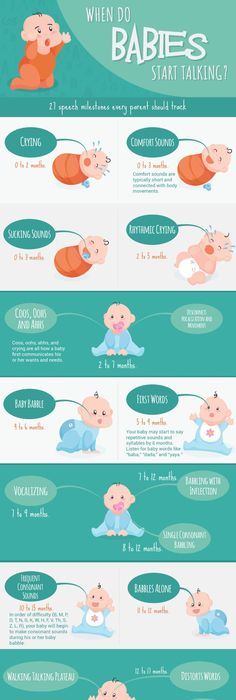 But such deviations are diagnosed immediately, doctors monitor the child and take all the necessary measures. These are the patients with whom the neurologist, psychologist and speech therapist are already working.
But such deviations are diagnosed immediately, doctors monitor the child and take all the necessary measures. These are the patients with whom the neurologist, psychologist and speech therapist are already working.
But there is a category of patients who are born absolutely healthy. But due to errors in learning, they also begin to delay in speech development. Most often, the reason is the excessive passion of parents for mechanical sound, that is, the sound from a TV, computer, tablet, phone. Children who watch a lot of cartoons or constantly play with singing-talking toys develop passive speech well, but their own active speech is not formed. This is due to the difference in the wavelength of live speech and mechanical speech. In order for the child to start talking, you need to talk with him as much as possible, read fairy tales yourself, sing lullabies.
Never let the TV or radio play in the background in the room where the baby spends time. Of course, if you want to show your child some kind of cartoon or program on a computer, this can and should be done, but after viewing the device must be turned off and put away.
Of course, all these devices and toys allow mom to relax a little or do some other business. But when they replace live communication, this leads to serious problems with the child's psyche. It is better to prevent such things than to catch up for years later. To restore the correct stereotype of speech in a three-year-old child, to change his perception, it takes a lot of effort and time: the child cannot quickly catch up with such gaps, one has to resort to intensive drug treatment, to additional classes with speech therapists. It's a long and difficult road. Why bring it to this when you can do everything right from the very beginning?
Why you should sing lullabies
Singing lullabies is an important part of raising a child. The most famous lullabies, for example, “bayu-bayushki-bayu”, were invented back in the 5th-6th century, and it is not by chance that we still sing them to children. They are built specifically in the timbre and wave length fluctuations that are understandable to the child, soothe him, develop the brain.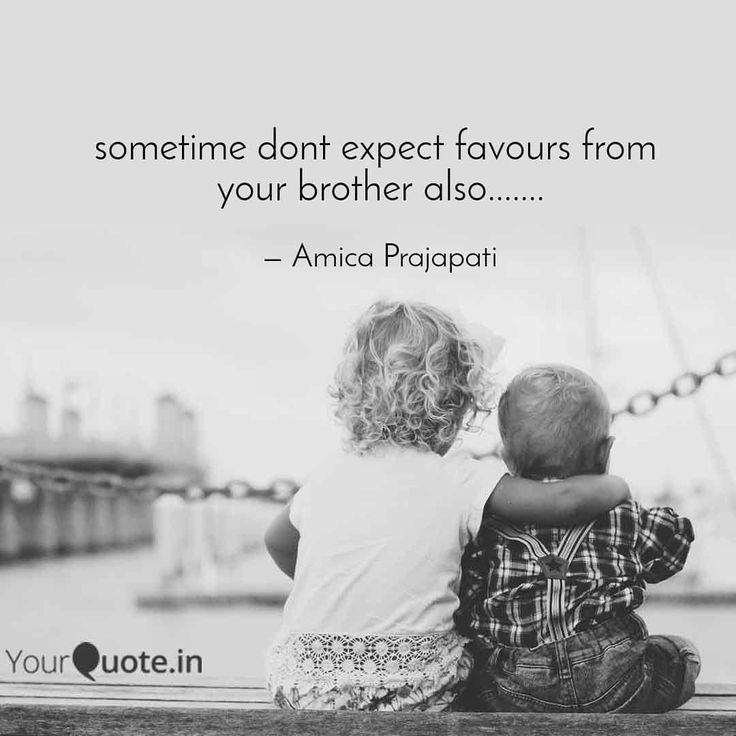 There are songs for every age to sing. Singing such lullabies to a small child and simultaneously rocking him in your arms creates the basis for proper mental development.
There are songs for every age to sing. Singing such lullabies to a small child and simultaneously rocking him in your arms creates the basis for proper mental development.
Now many couples approach pregnancy planning with full responsibility: they lead a healthy lifestyle, take all the tests, read books about the health and upbringing of the unborn child. Include in this preparation and learning at least a few lullabies to sing to your baby. No matter how simple they may seem to you, they contain folk wisdom worked out over the centuries for the proper development of a person, this is very important. Sing these lullabies for at least a year.
By the age of two, when the child already understands phrasal speech well, songs can be selected with more storylines, so that while the mother is singing, he can imagine this picture in his head.
Talk to your child as much as possible
Do not rush in conversations with the baby, calmly and measuredly tell him what is happening around, voice your actions.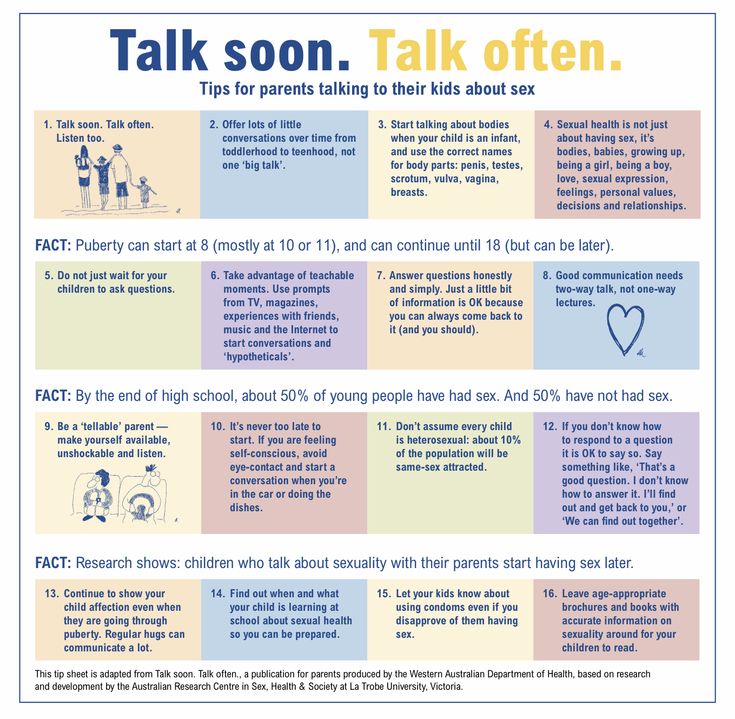 Then he will begin to perceive by ear the name of this or that object, this is how passive speech is formed. From six months, add details about the color and volume of objects: “small toy”, “red ball”. When you do this consistently, the child learns to hear and understand you.
Then he will begin to perceive by ear the name of this or that object, this is how passive speech is formed. From six months, add details about the color and volume of objects: “small toy”, “red ball”. When you do this consistently, the child learns to hear and understand you.
This helps to explain to the baby after a year that the panties should be dry, that is, it is quite early to teach the child to the potty, and not to use diapers all the time. At a year and a half, the child is able to hold the bladder, control his pelvic functions. This is one of the important links in mental development. Of course, he will eventually learn to ask to use the toilet himself, but these skills will come much later and no longer in the form in which he would like.
Therefore, it is very important to accustom yourself to talk with the baby as much as possible and limit the mechanical sounds around him as much as possible - these are the most important links in the prevention of speech development delay. If we build this correctly, then at the age of 2.5 the child begins to speak in phrase speech, and parents have no problems with his behavior and learning. If your child at 2.5 years old does not speak, especially if there is no so-called gibberish of his own, he is silent and does not voice the game, asking you for something, then this is not a variant of the norm, this is a problem that needs to be dealt with.
If we build this correctly, then at the age of 2.5 the child begins to speak in phrase speech, and parents have no problems with his behavior and learning. If your child at 2.5 years old does not speak, especially if there is no so-called gibberish of his own, he is silent and does not voice the game, asking you for something, then this is not a variant of the norm, this is a problem that needs to be dealt with.
How to talk to a child
- You need to talk to your child in an ordinary timbre, it is this tone and timbre that the child knows from his prenatal state.
- Try to speak in simple phrases, but do not lisp, do not distort words.
- If a child has a problem with vision or hearing, then mom needs to start brightly painting her lips as soon as possible so that he can follow her lips and understand exactly how she pronounces sounds.
- If a child in the first year of life had problems with swallowing, then, unfortunately, problems with sound pronunciation cannot be avoided.
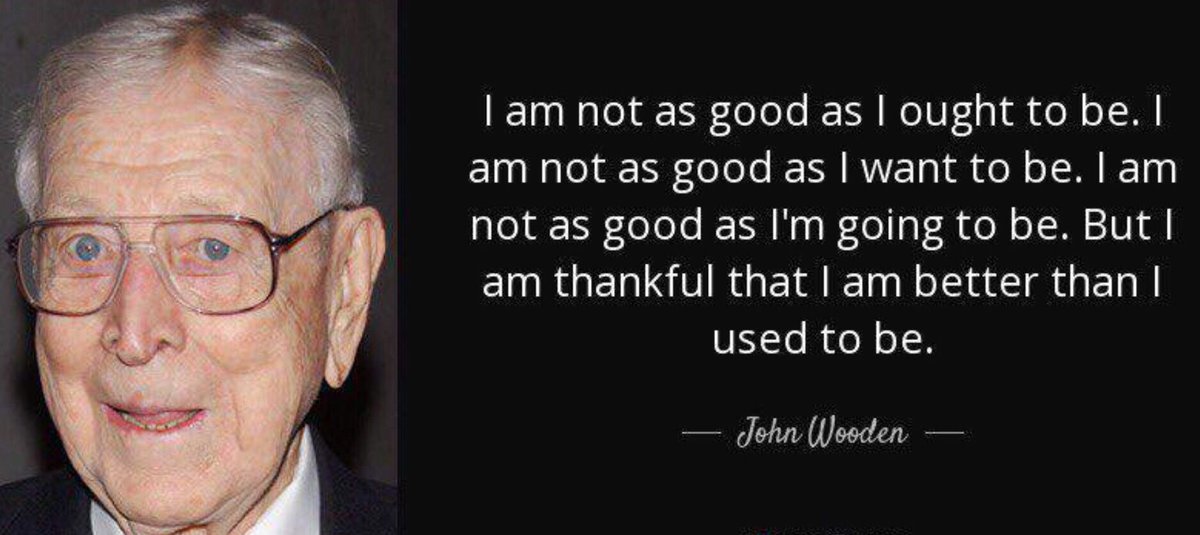 You can start studying with a special speech therapist already in the first months of a baby’s life, even in the pre-speech period.
You can start studying with a special speech therapist already in the first months of a baby’s life, even in the pre-speech period. - Solve all problems as soon as they appear, do not delay and do not wait for it to pass by itself. It won't pass.
Ordinary or speech therapy garden?
So, the child has grown up, and it's time to decide which preschool institution to take him to. At this point, it is important to figure out if your baby has mental and speech problems, and which ones.
When your baby does not have any serious medical problems, start with a regular garden. If in the first year speech does not level off and does not develop to the desired level, then it is worth applying for the medical and pedagogical commission. It runs from February to June. You can get a referral from the day care center or call them and make an appointment. To pass the medical and pedagogical commission, you must have the conclusion of a neurologist, speech therapist, psychiatrist about the state of health of your child.
If a child has begun to speak in phrasal speech, but does not pronounce certain sounds, then you can take him to a regular kindergarten, which has speech therapy groups. They work with children with normal psycho-speech development, but with incorrect settings for the sounds themselves. Usually a speech therapist starts working with such children from the age of five in order to even out speech and correct all weak sounds by school. On average, it takes three months to set up and fix one sound.
One of the most common disorders in children aged 3-3.5 years is the so-called porridge in the mouth, when, due to a violation of the innervation of the speech muscles, the child cannot pronounce some of the sounds clearly and understandably. In this case, one cannot do without the help of a specialist, it is better to contact a neurologist to establish the exact cause of dysarthria and carry out the necessary treatment, if necessary, it is also necessary to visit a special speech therapy garden. It requires an integrated approach: simultaneous coordinated work of a speech therapist, neurologist and psychologist.
It requires an integrated approach: simultaneous coordinated work of a speech therapist, neurologist and psychologist.
The Medical and Pedagogical Commission is in charge of assigning children to specialized groups or kindergartens.
And I repeat again, it is much easier to deal with the prevention of speech development delay, so that those children who could speak, but due to insufficient attention from their parents, did not start, did not fall into special groups. To do this, it is important not just to talk with the child, but to hear what he is talking about, try to understand him and respond to his words. I assure you, if you establish this contact from childhood, it will last for a lifetime, help the baby become a good member of the family, society, reliable support and support for you.
How to prevent stuttering
There are cases when a child doesn't start talking for a long time, while he is being taught, he accumulates a large passive vocabulary, he can compose phrases in his head.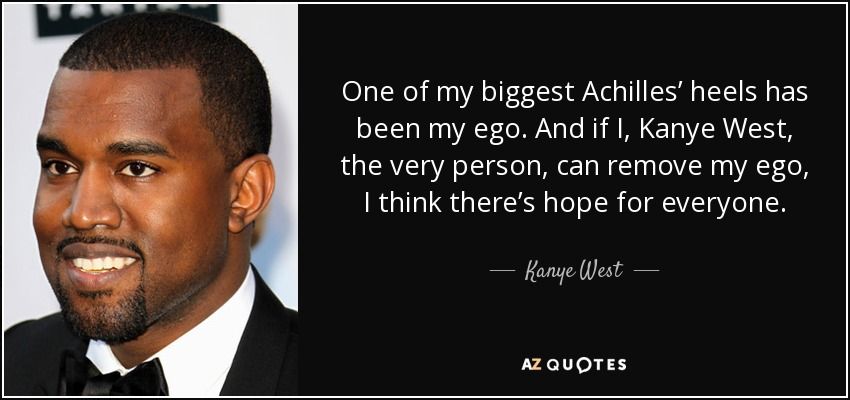 If you start his speech process excessively actively, then he will not cope with the flow of speech and will begin to stutter. Most often this happens at 2.5-3 years. Children with tics are especially prone to stuttering (obsessive blinking, blinking, sniffing, and the like). If you notice that at the beginning of speech the child begins to stutter, this is a signal that you need to contact a neurologist to solve the problem. Of all the obsessive-compulsive disorders, stuttering is the most complex and can take years to cure.
If you start his speech process excessively actively, then he will not cope with the flow of speech and will begin to stutter. Most often this happens at 2.5-3 years. Children with tics are especially prone to stuttering (obsessive blinking, blinking, sniffing, and the like). If you notice that at the beginning of speech the child begins to stutter, this is a signal that you need to contact a neurologist to solve the problem. Of all the obsessive-compulsive disorders, stuttering is the most complex and can take years to cure.
The nipple and speech development of the child
Another important aspect of the prevention of delayed speech development is prolonged use of nipples and prolonged breastfeeding. I mean the situation when a pacifier or mother's breast is in the child's mouth not for calming or feeding, but just like that, in a state of wakefulness. In this case, the problem arises purely mechanical: in order to speak, the mouth must be free, and if the mouth is occupied, then it is impossible to speak - the nipple or chest interferes.
The pacifier can be used when the baby falls asleep, when sick, when hit, but must be removed when awake. After two years, the pacifier should be discarded completely. This will help to avoid speech problems and maintain the correct bite, which will significantly reduce your financial costs in the future when treating your beloved child's ugly teeth by an orthodontist.
The same applies to the mother's breast. It should be a source of food or a means of sedation, nothing more. Of course, breast milk contains a lot of good substances, but it is needed exactly until the child begins to eat normal human food. Breast sucking is very important for the formation of psychological communication between mother and child. But by the age of two, the child already understands the addressed speech well, he can speak himself, so this connection only strengthens and will not be interrupted after weaning the child from the breast.
It is important to wean your baby from thumb sucking from the very beginning.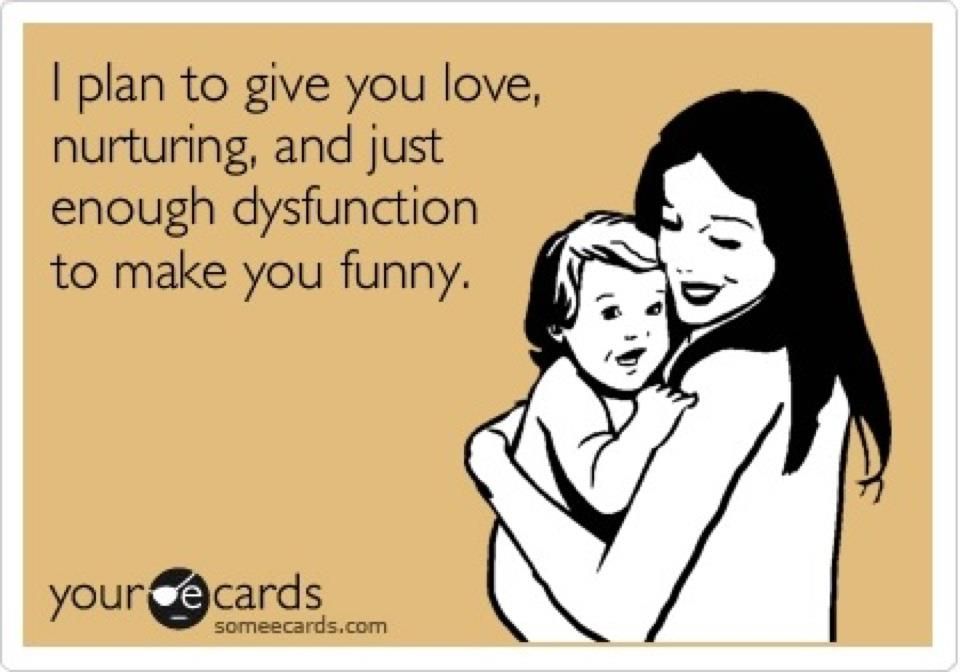 By the age of 2.5-3 years, the child should be able to safely do without a pacifier, mother's breast or sucking fingers. Why? During sucking, rocking-translational movements give a feeling of calm, sedation. With age, the child's need for such movements weakens, now he needs to learn about the world around him, to be active. And if the child continues to suck a finger or a dummy, then he automatically transfers himself to the infant period, behaves like a baby and does not give himself the opportunity to fully develop.
By the age of 2.5-3 years, the child should be able to safely do without a pacifier, mother's breast or sucking fingers. Why? During sucking, rocking-translational movements give a feeling of calm, sedation. With age, the child's need for such movements weakens, now he needs to learn about the world around him, to be active. And if the child continues to suck a finger or a dummy, then he automatically transfers himself to the infant period, behaves like a baby and does not give himself the opportunity to fully develop.
Gadgets: harm or benefit
Modern devices, on the one hand, are very useful, but when it comes to children, you need to be extremely careful and careful. Nobody says that you don't need to use TV and gadgets at all. This is an important part of modern life, children should be able to master them. But a small child still does not have the skills of speech, movements, motor skills, proper mental development, criticism, self-criticism, and the ability to control oneself are incorrectly formed.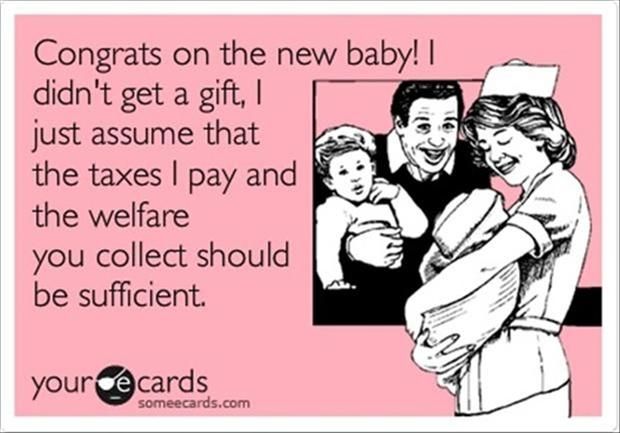 Therefore, it is very dangerous to uncontrollably give him something that can provoke improper development.
Therefore, it is very dangerous to uncontrollably give him something that can provoke improper development.
In Russia, little is said about this, and today in most families gadgets are used beyond the permissible limits, for each family member, including a baby, there are two to three gadgets. At the same time, in the same high-tech Japan, children are allowed to use a telephone or computer only from the age of five, when the nervous system has matured. And I agree with their approach. Yes, you can include some educational games or cartoons for your child, but no more than 30-40 minutes a day on a good screen with good sound. Tablets and smartphones are best avoided because young children quickly form color and tactile addictions.
Into the wilderness, to the village
Finally, I would like to advise all parents to spend more time outdoors with their children. This will be especially useful for kids who have problems with psycho-speech development.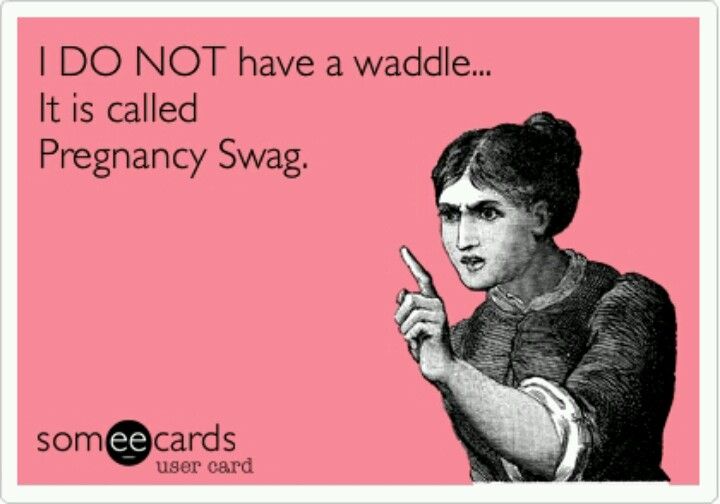 The best thing is to leave for a few weeks or even months in the countryside, where there are only living sounds of nature from a running stream, the rustle of leaves on trees, the buzzing of a bee and other sounds, where there is no urban, mechanical sound from the buzzing of wires. This will not only help normalize sleep, give peace of mind, but also enable the child’s brain overloaded with information to rest and gain strength to overcome all difficulties in speech development.
The best thing is to leave for a few weeks or even months in the countryside, where there are only living sounds of nature from a running stream, the rustle of leaves on trees, the buzzing of a bee and other sounds, where there is no urban, mechanical sound from the buzzing of wires. This will not only help normalize sleep, give peace of mind, but also enable the child’s brain overloaded with information to rest and gain strength to overcome all difficulties in speech development.
Be healthy! Good luck to you and your children!
Early Childhood Speech Development Calendar
Early childhood is considered a very important period in a child's life.
This is the time of the most rapid and rapid changes in the mental and physical development of the baby, the child takes the first steps, learns to speak, begins to use gestures and other means of communication.
3 weeks - 1 month - there is a cry indicating emotional discomfort, pain or hunger.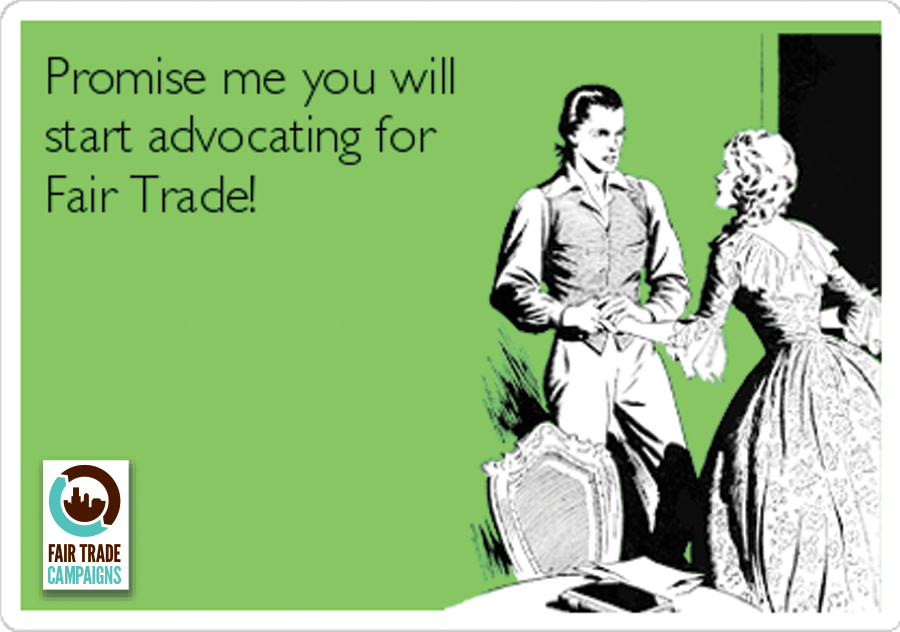 With physical stress, the child groans, making the sounds "a", "e".
With physical stress, the child groans, making the sounds "a", "e".
2 - 3 months : baby starts humming, he utters simple sounds – “ a”, “y”, “ы ”, sometimes combined with “ g ”. This is an important stage in the development of speech in young children.
4 - 6 months - emits high melodious sounds, sounds of exclamation, reacts with joyful sounds to the faces of loved ones.
6 - 9 months - babbling, he repeats the same syllables (“ma-ma-ma”, “ba-ba-ba”, “dya-dya-dya”, “gu-gu-gu”).
9 - 11 months - the baby begins to imitate the sounds of adult speech.
11 - 14 months - the first meaningful words "mom", "dad", "woman", "uncle" appear, from 8 to 14 words. Correlates a word with an object
By the age of 2 years there are 100-200 words in the baby's vocabulary. He is already building a sentence of 2-3 words.
By the age of 3 the volume of the dictionary increases to 1000 words by enriching the child's life experience. Simple prepositions appear: in, on, under, for, with, at. The child remembers poems, children's songs.
Simple prepositions appear: in, on, under, for, with, at. The child remembers poems, children's songs.
By the end of 3 years , most children are able to construct sentences grammatically correctly, conduct dialogues, tell what they have seen and heard.
Important to know:
Do not listen to advice from other parents whose children began to say after 3 years that the child will speak on his own. He will speak, the only question is what kind of speech it will be, its quality.
How to identify the signs of speech disorders in a child?
By the end of 1 month the baby does not cry before feeding
By the end of 4 months does not smile when his mother talks to him, does not coo.
By the end of the 5th month does not listen to sounds and music
By the end of the 7th month does not react to the intonation of the voice, does not recognize the mother’s voice with a “revitalization complex” syllables for adults
By the end of 1 year the child does not wave his head to say goodbye in denial. He does not utter a single word and does not follow simple instructions: “give”, “on”, “take”.
He does not utter a single word and does not follow simple instructions: “give”, “on”, “take”.
By the age of 1.5, does not show or name mom and dad, does not build a tower of blocks, does not differentiate sounding toys, does not use a pointing gesture.
By age 2 does not show body parts, does not show mom and dad in the photo, does not follow the two-step instruction (go to the kitchen and put the plate on the table)
By the age of 2.5, does not distinguish between big and small, does not communicate with children.
By the age of 3, cannot give his first and last name, tell a simple poem and a fairy tale.
If this does not happen, there is a reason to contact specialists.
Possible causes of speech disorders
- Viral and endocrine diseases of the mother, threatened miscarriage, trauma, toxicosis, low hemoglobin level.
- Genetic anomalies, hereditary predisposition.
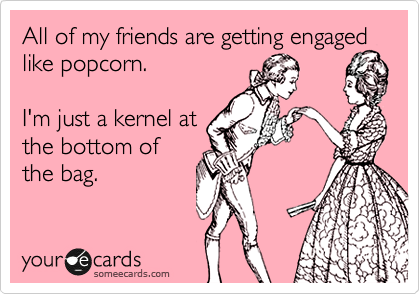
- Unfavorable childbirth.
- Diseases suffered by a child in the first years of life
- Babies with low Apgar scores at birth
The exact cause of the disorders is determined by the doctor, and the type of speech disorder is determined by the speech therapist.
So what can parents do for successful speech development?
Speech is the highest mental function, so the period of intrauterine development of a child is very important. Parents need to take care of the development of speech even before his birth. It is important that the expectant mother receives only positive emotions i.
Communicate more with your baby! Goodwill, a soft and calm voice, grammatically correct speech is another important factor in the development of speech.
Often, children, using only a pointing gesture, get what they want. Teach your child to express his desires as fully as possible, say new words, sentences.




